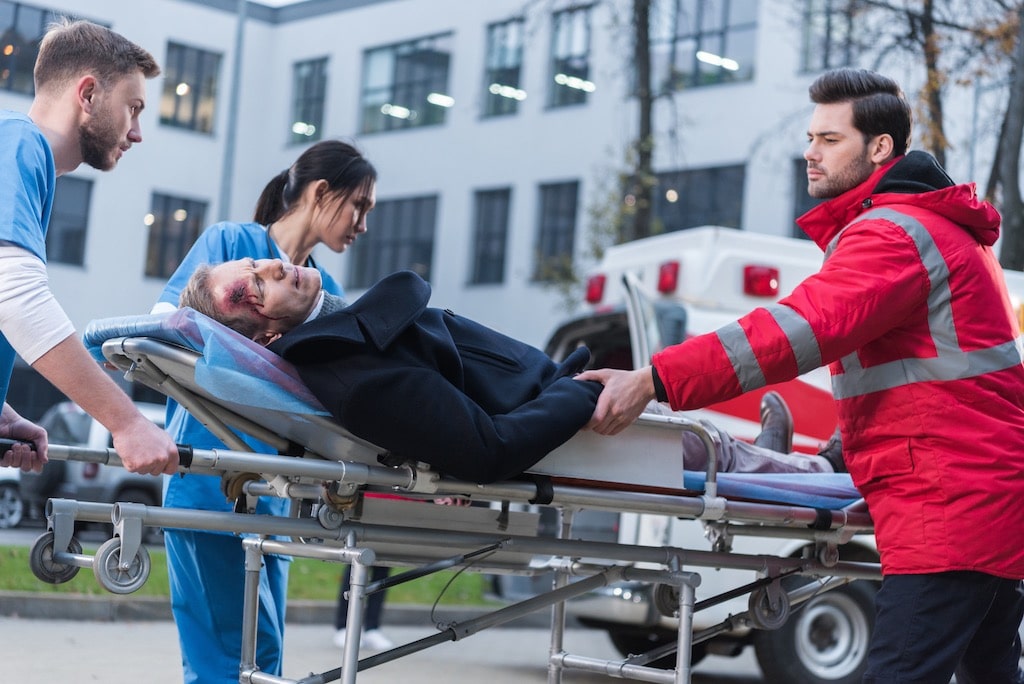Personal Injury Attorney in Savannah, GA

Thomas Hunter’s personal injury attorneys are committed to helping accident victims who have suffered injuries due to another party’s negligence. We want to ensure that if you are involved in a serious, life-altering accident in Savannah, GA, you get the help you need to get back to your normal life.
Personal Injury Basics in Savannah, GA
Depending on the type of accident and the injuries sustained, Savannah, GA’s personal injury laws govern when and how a claim should be filed. A plaintiff must prove that they were injured due to the defendant’s wrongful behavior in order to prove a personal injury claim.
Automobile Accident Injuries
When you suffer a personal injury in an automobile accident or when you are struck by a vehicle while bicycling or walking, Savannah, GA’s no-fault laws will apply. Georgia law provides that any injuries to the driver, passenger, cyclist, and pedestrian, up to the policy limits, will be covered by the vehicle’s insurance, regardless of who was at fault for the accident.
Wrongful Death
You might be eligible for wrongful death compensation if you have lost a loved one due to the fault of someone else. The emotional toll on surviving family members is great, but recoverable compensation can provide financial stability that may help you and your family through grief and healing.
Survival Actions
An estate representative may bring a survival action for loss compensation on behalf of a decedent if they experienced losses, such as pain and suffering, medical bills, and lost wages.
Determining Negligence in Personal Injury Cases
To be successful in a personal injury claim, plaintiffs must prove that the defendants’ conduct was negligent. There are four elements involved in proving negligence:
- There was a duty of care owed by the defendant to the plaintiff. As everyone has the duty to act in a reasonable manner when engaging in any type of conduct or activity that could foreseeably harm another person, it is typically not difficult to establish this standard. As an example, if you are backing out of a driveway, you must ensure that your path is clear so that you are not running into people or vehicles.
- The defendant breached their duty of care. When determining whether or not a defendant breached a duty of care, reasonableness is usually the standard. Plaintiffs must show that a reasonable person would not have acted in the same way as the defendant in a similar situation. There may be a different standard of proof in some cases, such as a medical malpractice case where the plaintiff needs to prove that the defendant’s treatment and care fell below the medical standard of care.
- A breach of care by the defendant resulted in injury to the plaintiff. Plaintiffs cannot hold a defendant responsible for a breach of duty of care unless they demonstrate that they suffered actual injuries and damages.
- There was a breach of duty by the defendant that resulted in the plaintiff’s injuries. In addition, the plaintiff must prove that if the defendant had not breached the duty of care, the plaintiff would not have suffered the injuries. In other words, the plaintiff’s injuries were caused by the defendant’s actions or inactions.






